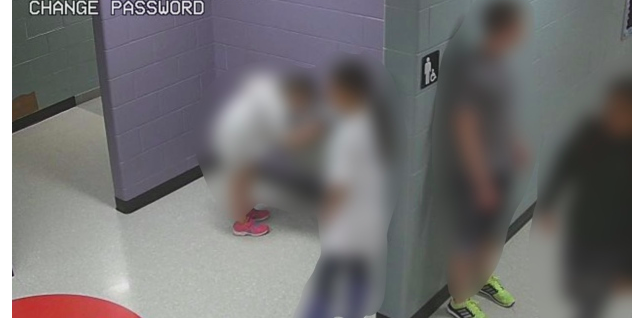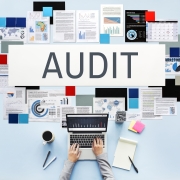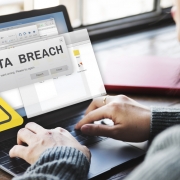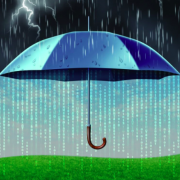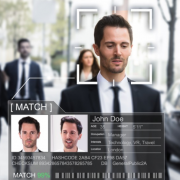The Unintended Consequences of Security Cameras: Children’s Privacy Breached
These days we can expect to be “on-camera” and recorded in most public places we frequent. Despite the fact that most of us don’t think twice about this, there are significant privacy consequences related to security cameras that we should be very, very concerned about.
First and foremost there are at least five questions we should be asking:
- “Who” is actually recording/watching us?
- What are they recording/watching us for?
- How long are they retaining this information?
- Can they “legally” record us?
- And finally and perhaps the most concerning, “Are they live streaming?”
This final question really rose to the top of the list just last month. Parents and school administrators were somewhat shocked to discover that a school in Cape Breton, Nova Scotia was “LIVE” streaming video of kids in various school locations. Of course the intention was not to live stream, but unfortunately inadequate protocols were in place and this meant that firewalls were not in place. The result: images of kids were able to be live streamed for months.
In fact, the images had been live streaming for some time. Equally disturbing is the message that was displayed with the video. “Change Password” is clearly shown with the date and time of the video. The risk here of course was that some bad actor or actors could have taken control of the video system. Equally disturbing was the fact that in some cases, the camera position and the ability to zoom could have been accessed and actually changed.
As a parent, you would have obvious concerns with this. School administrators would have these same concerns, but you need to add the liability issues. And then the question is, who if anyone, is liable? And, should they be?
As someone who advocates for privacy, I have a whole host of concerns with video surveillance. Consider the questions I list above. We have a right to know these things. Of course, there are very legitimate reasons for security surveillance. And please don’t get me wrong, I think that in the right circumstances, video surveillance is not only a necessity, but critical.
Let’s break down the questions above in a little more detail:
1. Who is recording us?
It’s true that we are being recorded more than we think. In public spaces, there should be an expectation of video surveillance. This surveillance however, is meant to be a deterrent against crime or other less than other desired behaviour. For example, I am sitting in a coffee shop right now and taking a quick look around, sure enough, I can spot two surveillance cameras. They aren’t actively pointed at the seating area, but rather the cash and the access to the back room.
The key to this are the words “public spaces.” Street corners are public spaces. Shopping Mall hallways are public spaces. Schools may not fit the traditional definition of public spaces. While a public space, a school is not open for any random strange to enter and wonder through. Additionally, public but private spaces such as locker rooms change rooms or washrooms are not truly public spaces.
An additional layer of complication is when children are involved. In these cases there do need to be extra precautions. There are many legal requirements when it comes to capturing images of children and how you use those images. In my business, I will not use a photo of a child, unless I have written confirmation from the parent(s) that I can. Live streaming children does not pass the smell test. In other words, if you are live streaming children, make sure you have your legal requirements covered and most importantly protect the identity of the children!
2. What are they using this information for?
Remember that when using surveillance cameras, the information collected should be done in such way that the minimum amount of information is captured. For example, there is an expectation in change rooms and washrooms that there would be no cameras. If using cameras for security at a banking machine for example, the camera should not capture images of people walking by on the street outside the bank.
Additionally important is the capturing of audio. This is yet another level of detail that impacts privacy. Capturing images is one thing, but capturing conversations is a real intrusion upon one’s privacy. Live streaming it takes it to a whole other level of violation of privacy.
People have a right to know that they are being recorded and signs should be posted. You see this in airports for example.
3. How long is the data kept?
As stated previously, if surveillance is recorded, the information captured should be such that it is not capturing more intelligence than what is needed. Additionally, keeping this information is not something that is meant to be indefinite. Organizations must look at retention schedules. These of course can vary, so it is important to set realistic timelines and to properly delete the files.
Laws do change over time and what you may be able to do now, you might not be able to in the future. There is definitely a need to balance the rights of privacy of individuals while also collecting data that is needed to protect citizens. If you are using surveillance cameras, be sure to check with the applicable legislative and legal bodies for your region.

